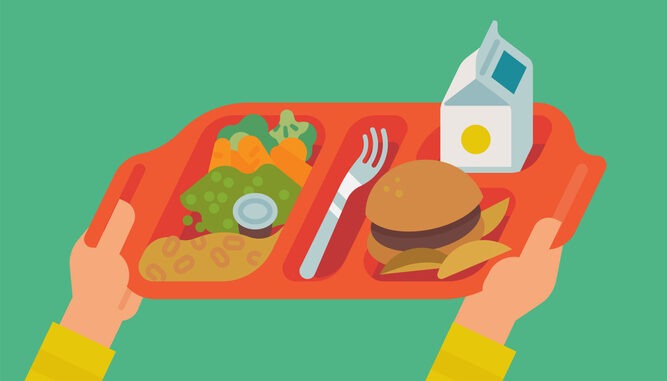
Experts have commented that supermarket ‘meal deals’ fall below schools’ food standards
CREDIT: This is an edited version of an article that originally appeared in the Guardian
By encouraging low-income parents to feed their families discounted supermarket items over the summer, the government is compromising children’s health, given the highly-processed nature of much of this food according to recent claims by some experts.
The July Help for Households campaign, intended to help families during the living crisis, specifically mentioned ‘meal deals’ as a cost-effective method of shopping. It also recommends the ‘Kids eat for £1’ offer at Asda, and ‘Kids eat free’ in Morrisons.
David Buttress, the government’s ‘cost of living tsar’, and a co-founder of the food delivery company Just Eat, commented that the campaign is “a good way to support people over the summer holidays when school meals aren’t available”. However, research by Professor Greta Defeyter suggests that these menus fall below school food standards.
“The majority of these foods are ultra-processed, which has been linked to obesity and cancer. The token nod to vegetables is the serving of peas and one meal being accompanied by a salad,” said Professor Defeyter.
Hot meals at the Asda superstore cafe include chicken nuggets, fish fingers and an all-day breakfast; furthermore, only two of five hot food options include vegetable or salad sides.
Analysis has said that primary schools should provide at least one portion of fruit and vegetables a day, with only one deep-fried starchy food per week. Professor Defeyter says these supermarket menus do not meet dietary needs. “The government should not be promoting menus primarily consisting of ultra-processed foods. Families should have quality, nutritious, food all year round,” she said.
Barbara Crowther, of the food charity Sustain, believes children’s menus are often overloaded with foods full of saturated fat, salt and sugar. “Too much consumption of these types of meals over the summer could store up major health problems for children in the longer term.” Over 40% of children aged between 10 and 11 are overweight or obese in England.
A government spokesperson commented, “Ensuring children have healthy meals is a priority, which is why our £200m-a-year holiday activities and food programme provides healthy meals to children from low-income families. Last summer over 600,000 children accessed the programme, including over 495,000 eligible for free school meals.”




Be the first to comment